
Event Sponsors

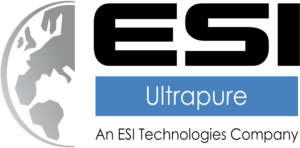
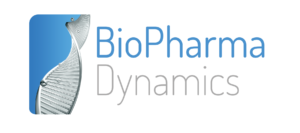

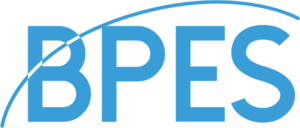


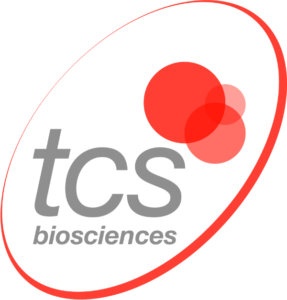

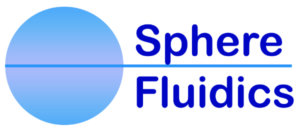
- Conference Overview
- Early-career Researcher
- Delegates
The ESACT-UK 2023 Conference will be held in-person on the 11th & 12th January 2023 in Nottingham, UK. We will have Keynote speakers and multiple talks across six sessions covering Antibody Bioprocessing, Into the Clinic, Early Career Researchers, Entrepreneurship & Skills Development, Sustainability & Cultivated meat, and Advanced Therapy Medicinal Products (ATMPs). To book your ticket for this event, please go to the ‘Delegates’ tab. Speakers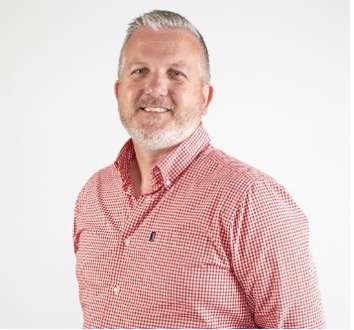 Dave Simpson Iksuda Therapeutics 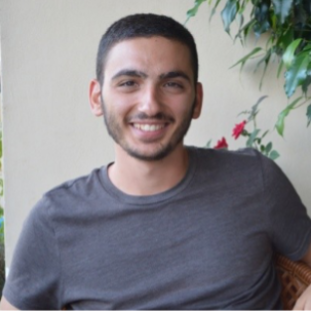 Pavlos Kotidis GSK 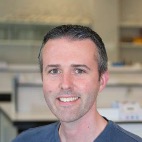 David Beal University of Kent 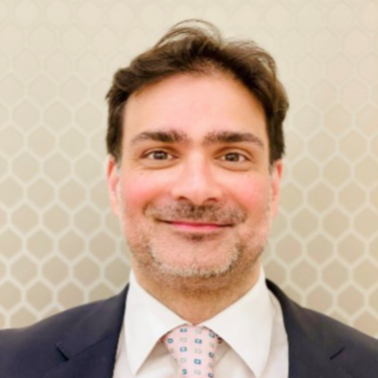 Tamir Rashid Imperial College London 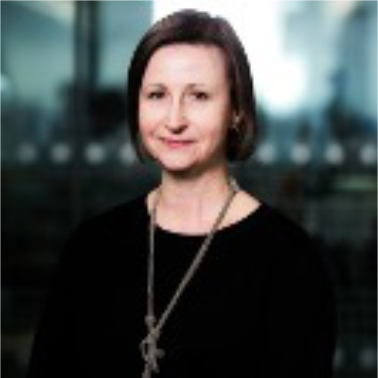 Jacqueline Barry ATTC / CGT Catapult 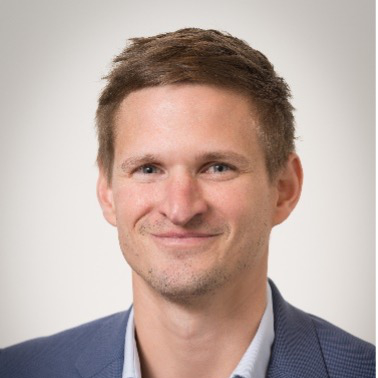 Oliver Hardick M Ventures 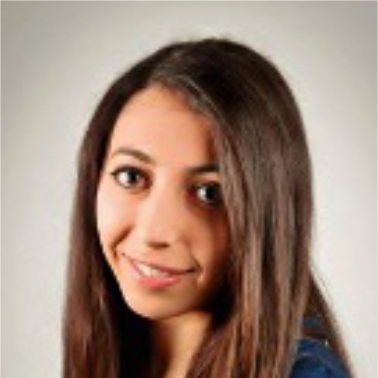 Raghd Rostom Syncona Investment Management Ltd 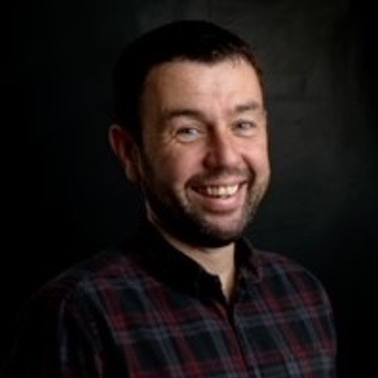 Stephen Stewart CGT Catapult 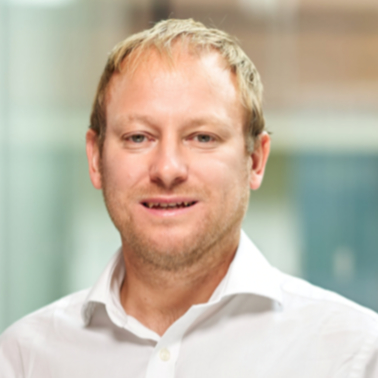 Ivan Wall FourPlus 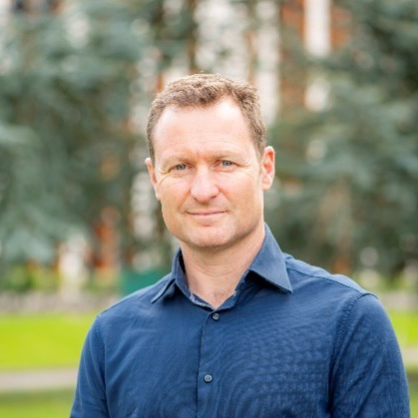 Ramiro Alberio Nottingham University 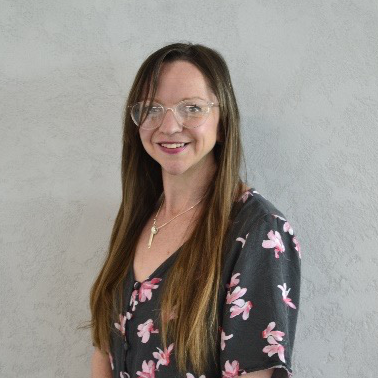 Ruth Faram HigherSteaks Ltd 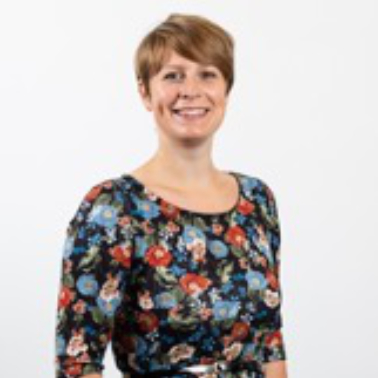 Lyndsey Johnson Locate Bio 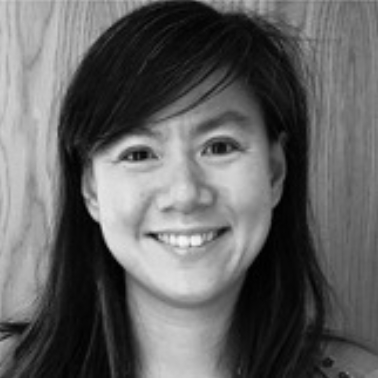 Gaik Sui Kee Virocell Biologics 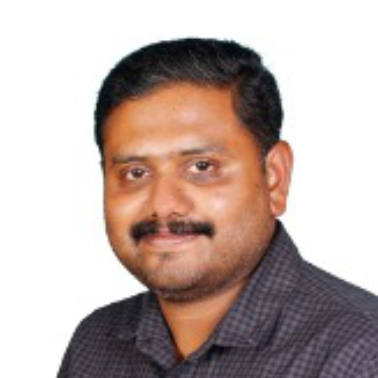 Sujith Sebastian NHSBT 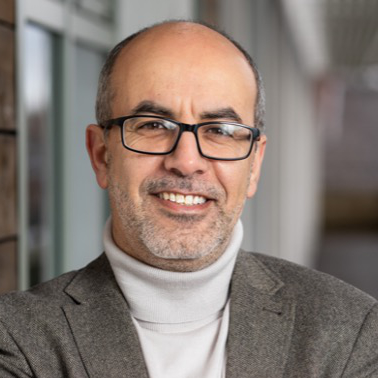 Mimoun Azzouz University of Sheffield Dave founded Iksuda Therapeutics (Iksuda) in 2012, refocussing it to an Antibody Drug Conjugate company and is focussed on the development of 1st/best in class ADCs by deploying a toolbox of chemistries and payload approaches to address the specific needs of each target and indication. Iksuda has operational capabilities in Newcastle, UK (Corporate HQ & Research), Boston, US (IND enabling and Clinical Development) and most recently extended its activities with its New York, US based Innovation Laboratories to drive further differentiation of its drug development efforts through invention. Iksuda will initiate PhI clinical trials for its IKS03 (anti-CD19) and IKS014 (Anti-Her2) ADCs in Q1 2022 with a further two targets entering IND enabling development in 2023. In June 2021, the Company completed a $47m financing round co-led by Celltrion Inc and Mirae Asset Capital. Prior to Iksuda, Dave led Actavis’s biosimilar programmes (now Abbvie) and started his industrial career by joining Cobra Biologics before moving to Eden Biodesign Ltd where he led its process development capabilities prior to its acquisition by Watson Pharma. Dave gained his PhD through an NHS Funded, New Blood Fellowship. In addition, Dave holds the position of NED at Leaf Expression Systems, UK and advises several biotech companies, investment groups and provides local support to Newcastle University’s MRC Confidence in Concept Fund. Pavlos Kotidis works as a Data Scientist in the Biopharm Process Research – Digital Data & Analytics (BPR-DDA) group in GSK since March 2021, focusing on developing predictive models and computational tools for data exploration and platform improvement, using machine learning and bioinformatics approaches. Pavlos holds a PhD in Chemical Engineering from Imperial College London. During his PhD, Pavlos worked on optimising CHO-based biopharmaceutical production and recombinant antibody glycosylation. Pavlos has co-authored 13 research papers and 3 book chapters. Dr Beal is currently Lecturer in Biosciences in the School of Biosciences at the University of Kent. His research is broadly focused on chemical biology, particularly the site-specific poly-modification of proteins for therapeutic and diagnostic uses. His research builds upon a career in both industry and academia, having started his career in the medicinal chemistry department of Pfizer Global Research and Development (1997-2011) before undertaking a PhD with Dr Wei-Feng Xue at the University of Kent (2011-2015), post-doctoral research with Prof. Mick Tuite at the University of Kent (2015-2018) and then a Sir Henry Wellcome post-doctoral fellowship supervised by Prof. Mark Smales at the University of Kent (2018-2022). Mauro is a chemical engineer who obtained his PhD in Molecular Biology from the University of Manchester. Currently, he is a research associate at the Manchester Institute of Biotechnology and his work focuses on improving biotherapeutics’ manufacturability Dr Tamir Rashid BSc, MBBS, MRes, PhD, FRCP is a Clinical Reader and Consultant Hepatologist at Imperial College London. After graduating in medicine from Imperial in 2002, he completed his clinician-scientist training at the University of Cambridge as first a Wellcome Trust Clinical PhD fellow and then as an NIHR funded Clinical Lecturer. He was then awarded an MRC Clinician Scientist Fellowship and undertook post-doctoral studies at Stanford (USA) before returning to King’s College London where he established his first laboratory in the newly formed centre for stem cell research. In 2020, Dr Rashid moved back to Imperial and set up his lab along with establishing the Imperial Centre for iPS/Organoid disease modelling. The research programme of the Rashid lab focusses on the use of human stem cells for modeling and treating genetic liver diseases. His specific objectives are to generate deeper mechanistic understanding, identify new molecular targets and produce cell & gene based regenerative medicine approaches. These translational ambitions are closely linked to his clinical work in which he runs a genetic liver disease service, several clinical trials and the British Liver Association’s Alpha-1 Antitrypsin specialist interest group. Over the last 15 years, the impact of Dr Rashid’s work has been recognised through the receipt of numerous international (the American Liver Association Fellow’s Prize) and national (Academy of Medical Sciences UK Young Investigator & British Liver Association Young Investigator) prizes and the creation of two biotech start-ups. Jacqueline Barry is the Chief Clinical Officer, responsible for Clinical Translation and Delivery activities and an Executive Director of the Cell and Gene Therapy Catapult. She has extensive experience in the development of advanced therapy medicinal products and leads a multi-disciplinary team of Nonclinical, Regulatory, Clinical Operations and Programme Management specialists. She also leads the coordination of the UK Advanced Therapy Treatment Centre Network and is a Director of the Global Alliance for iPSC Therapies. She feels passionately about making advanced therapies available for patients and works closely with the MHRA and the NHS on the development of the ecosystems to support the adoption of these therapies. Prior her time at Cell and Gene Therapy Catapult, Jacqueline worked at the Scottish National Blood Transfusion Service where amongst other activities she designed the regulatory strategy for the Cellular Therapies for the Blood Transfusion Service and acted as Qualified Person for their release. She has a PhD from the University of Aberdeen and did post-doctoral research in neurophysiology at the University of Edinburgh. Oliver is a successful Tech Entrepreneur and investor with core expertise in the bioprocessing field, but interest and engagement more broadly in life sciences. Completing his Engineering Doctorate at UCL 2012 he moved into the entrepreneurial world founding Puridify, a biotech tools company, in 2013 based on his academic research. He led this as CEO through VC funding to a strong exit by GE Healthcare in 2017, interacting with biotherapeutic manufacturers globally throughout this journey. He continues to support spin outs, start-ups and tech transfer in a number of guises, and is always looking for exciting opportunities! Raghd Rostom is an Associate Partner of Syncona, and supports portfolio company Kesmalea Therapeutics where she is interim Head of Strategy and Operations. Previously, Raghd was a core member of the healthcare practice at the Boston Consulting Group with a particular focus on strategy and digital areas across Pharma, Biotech and Global Health sectors. Prior to BCG, Raghd completed a multidisciplinary PhD at the Wellcome Sanger Institute & University of Cambridge, bridging the fields of computational genomics, cancer and infectious disease. Steve joined the Cell and Gene Therapy Catapult in May 2021 as Head of Skills Delivery. He looks after the award-winning skills programmes Advanced Therapies Apprentice Programme (ATAC) and Advanced Therapies Skills Training Network (ATSTN). ATAC supports over 270 apprentices and 50 employers across the industry. ATSTN has an Online Training Platform with just under 2000 learners and a network of training centres across the UK. Prior to this, Steve was the Head of Apprenticeships at GSK where he created a programme which developed over 1000 apprentices across the globe and led the Life Science Trailblazer between 2016 and 2019 which has been responsible for developing and maintaining many of the apprenticeship standards in use in the advanced therapies and bioprocessing industries. Steve has more than 20 years’ experience in HR and Talent having previously held roles at GSK, BHP Billiton, BUPA and Alstom. Steve is currently studying his Senior Leader (MBA) Level 7 Apprenticeship and is a Fellow of the Chartered Institute of Personnel and Development. He is passionate about supporting development and is a member of the Apprentice Ambassadors Network (AAN), Apprentice Diversity Champions Network (ADCN), a STEM Ambassador and a governor at his local primary school. Steve is based at our Stevenage office, lives in Manchester, and spends a lot of time on the train. Ivan Wall is co-founder and Director of FourPlus Immersive who make virtual reality software packages tailored to life science education. He is also co-founder and CEO of Quest Meat and Professor of Regenerative Medicine at University of Birmingham. He completed his PhD in cell and molecular biology and an MBA through a Level 7 senior leaders degree apprenticeship. Through his academic career, Ivan has been deeply interested in skills development, establishing innovative teaching and skills programmes at UCL, Aston University and University of Birmingham.
Ramiro Alberio - Nottingham University - Developing cell lines for the production of cultivated meat
Ramiro Alberio is Professor of Developmental Biology at the University of Nottingham, UK. He graduated as veterinarian from La Plata University (Argentina), and gained his PhD from the University of Munich (Germany) under the supervision of Prof. Eckhard Wolf working on understanding the mechanisms of animal cloning. He did his first postdoctoral training with Prof. Keith Campbell (University of Nottingham, UK) investigating epigenetic mechanisms of cell plasticity. He was awarded Marie-Curie Fellowship and later a RCUK fellowship to establish his independent research group focussed in understanding the principles of embryo development in mammals, with particular focus in domestic animals. He uses genomic technologies to elucidate the gene regulatory networks controlling cell fate decisions. His laboratory has established novel embryonic stem cells lines which have broad applications in biotechnology. His lab is developing stem cell-based approaches to generate novel food products (such as cultivated meat), as well as novel methods of genetic selection and livestock breeding. He is the Director of the Centre for Large Animal Biotechnology (CeLAB), and Deputy Research Director of the School of Biosciences. Dr. Faram is co-founder and Chief Scientific Officer at HigherSteaks, where she leads the company strategy and research focus for the Stem Cell, Bioprocess, Differentiation and Biomaterial teams. Dr. Faram was awarded BSc. Neuroscience from University College London in 2008, MSc. Pharmacology from the University of Oxford in 2009 and completed her doctorate in Neuropharmacology from the University of Oxford, Department of Anatomical Neuropharmacology in 2013, where she specialised in novel neurogenic cell types in the rostral migratory stream during development of the rodent olfactory system. She subsequently held three postdoctoral positions within the Department of Pharmacology, Department of Physiology Anatomy and Genetics and the William Dunn School of Pathology, and the Nuffield Orthopaedic Centre. She received scholarships from the Medical Research Council and Alzheimer’s Research UK to work on the neuropathological interactions between amyloid beta and tau proteins in the human induced pluripotent stem cells, as part of the StemBANCC initiative. She was later awarded an Arthritis Research UK scholarship to work on the epigenetic mechanisms of bone stem cells during inflammation. She brings extensive years of experience in cell and molecular biology, working with cutting edge, innovative technologies. She is inventor on 4 patents (pending). She is a mum to 4 year old Felix, and is a seasoned marathon runner. Lyndsey began her studies at the University of Leicester completing a BSc in Medical Biochemistry and then went on to complete her PhD in Molecular and Cellular Biology, researching the physiological role of histone deacetylase 3 and its regulation by inositol phosphates. Following this, she joined Locate Bio as a Project Scientist where she worked on a range of projects including peptide delivery systems, targeted drug delivery and instructive scaffold development. She now manages all of the projects at Locate including product development and research programmes. Gaik Sui Kee is a bioprocess engineer by training. She started her career at GlaxoSmithKline where she spent 9 years across R&D and GMP Manufacturing in small molecules, biopharmaceutical products and in Cell and Gene Therapy. She then moved to Orchard Therapeutics where she led a Technical Team managing early and late stage vector related activities at Orchard’s CDMOs. She is currently Director of Manufacturing at ViroCell Biologics which is an innovation-driven CDMO that manufactures viral vectors and gene-modified cells to enable novel cell and gene therapies to enter clinical trials. Sujith Sebastian is the Viral Vector Hub Manager at the Clinical Biotechnology Centre, NHS Blood and Transplant. In his current role, Sujith leads the MRC and LifeArc-funded Innovation Hubs for Gene Therapies at NHSBT. The primary aim of the hub is to provide viral vectors such as rAAV and Lentivirus cost-effectively to support the translation of academic-led developments of gene therapies into the clinic. He has a bioscience background and experience in the advanced therapy medicinal products area. He previously worked on the process development for cell therapy products, lentiviral vectors and rAAV. Sujith will share about NHSBT’s role in the ATMP manufacturing sector and its contributions to the Innovation Hub for Gene Therapies. He will discuss the development of viral vector manufacturing platforms and related technical challenges associated with it. Professor Azzouz obtained a Master in Neuroscience with 1st Class Honours from the University of Marseille in 1994. In 1997 he was awarded a PhD in Neuropharmacology at the University Louis Pasteur in Strasbourg. He then worked as post-doctoral scientist at the Gene Therapy Center in Lausanne, Switzerland from 1997 to 2000. He was recruited in 2000 by Oxford BioMedica plc as Senior Scientist then appointed as Director of Neurobiology in 2003. In 2006, he was invited to join the University of Sheffield and was appointed to the Chair of Translational Neuroscience. His pioneering work, which has already produced major breakthroughs in animal models, has short and medium term potential for real translation into major therapeutic advances for human neurodegenerative disease. Azzouz leadership has been recognized by several prestigious; e.g. ERC Advanced Investigator (2011) and ERC Proof-of-Concept (2017), IMI ARDAT (www.ardat.org) involving 34 partners and pharma companies to accelerate research & innovation of advanced therapies for rare diseases; JPND Award to develop better model systems for therapy testing; and the LifeArc/MRC Award and significant philanthropic gifts to establish a Gene Therapy Innovation & Manufacturing Centre (GTIMC) in Sheffield. GTIMC includes provision of a state-of-the art GMP manufacturing facility for gene therapy clinical vectors. He has been a key academic partner in the successful fundraising of £18M necessary to build the new Sheffield Institute for Translational Neuroscience (SITraN). Azzouz established significant esteem markers evidenced by membership for Panels/Boards of funding bodies, Scientific Advisory Board memberships, keynote and plenary lectures at established international meetings/institutions. | 33rd Annual Meeting ESACT-UK 2023Date & Time Location Agenda2023-01-11 9:00 Registration 11:00 Set-up & Introduction to conference 11:15 Keynote 1 Dave Simpson – Iksuda Therapeutics 12:00 Lunch 13:00 Session 1- Antibody Bioprocessing & Chris Hewitt Rising Star Award 2022 Winner Presentation Pavlos Kotidis – GSK – Rising Star Award Winner 2022 14:35 Session 2: Into the Clinic Tamir Rashid – Imperial College London 15:25 Comfort Break 16:00 Session 3: Early Career Researchers & Poster Flashes Main Conference Exhibitor Presentation 17:50 AGM ESACT-UK committee chair 18:05 Posters, trade stands & networking 20:00 Dinner 2023-01-12 09:00 Introduction to Day 2 ESACT-UK committee member 09:10 Keynote 2 Oliver Hardick – M Ventures 09:55 Session 4 - Entrepreneurship & Skills Development Raghd Rostom- Syncona Investment Management Ltd 11:10 Comfort Break 11:40 Session 5 - Cultivated meat Ramiro Alberio – Nottingham University 12:40 Lunch 14:00 Session 6 - Advanced Therapy Medicinal Products (ATMPs) Lyndsey Johnson – Locate Bio 15:40 Prize Giving & Wrap-up ESACT-UK committee chair |
Early career researchers are encouraged to take part in our 33rd annual meeting and submit an abstract to present as an oral, poster flash or poster presentation. This year we are looking to maintain the increased proportion of early researchers in the scientific programme, so if you are an early career researcher (within 7 years of completing a BSc) and would like to present your work, please submit a high quality scientific abstract for oral, poster flash or poster using this template and upload this in the ‘Contact Us’ tab addressed to the Secretary. The deadline for abstract submission is Friday 11th November 2022.
The ESACT-UK organising committee will review the applications and select candidates for each presentation type (dependent on the abstract being relevant to cell culture biotechnology, committee decision is final. All successful candidates will be awarded a full or partial bursary to attend the meeting. We therefore ask applicants not to register for the meeting at this time and if successful you will be given details on the bursary and registration separately.
All attending early career researchers will be eligible for the prize for the best presentation (£500 bursary for an event of their choice), best poster (£250 bursary for an event of their choice) and poster flash presentation (£100 bursary for an event of their choice).
The early career researcher must be a member of ESACT-UK. Membership is free to join for students and more details on how to become a member are on our ‘Join us’ page.
For any questions about abstract and bursary applications, please do not hesitate to get in touch via the ‘Contact us’ page and address correspondence to the Secretary.
The ESACT-UK Annual Conference will return to an in-person event for the first time since 2020! The conference will be held at the Nottingham Belfry Hotel on 11th and 12th January 2023. This year, our exciting agenda will cover antibody bioprocessing, into the clinic, skills development, sustainability and ATMP manufacture. And of course, we will have our Early Careers Session showcasing work of the Early Career Researchers from the ESACT-UK community. You will find details of all our confirmed speakers on our event homepage. Conference registration includes the conference dinner, and accommodation at the Nottingham Belfry on 11th January. Book your tickets early to take advantage of early bird rates. Early bird registration rates are available until 30th November. ESACT-UK members will receive discounted registration rates (£100 discount for members will be applied at the checkout on provision of the discount code). To receive your unique code to take advantage of this offer, please use the ‘Contact Us’ page and request the code via the Secretary. If you would like to become an ESACT-UK member to take advantage of the discounted rates, or you would like to contact the ESACT-UK committee for any queries related to registration or bursary applications please follow this link. We look forward to welcoming you to our event in January! |